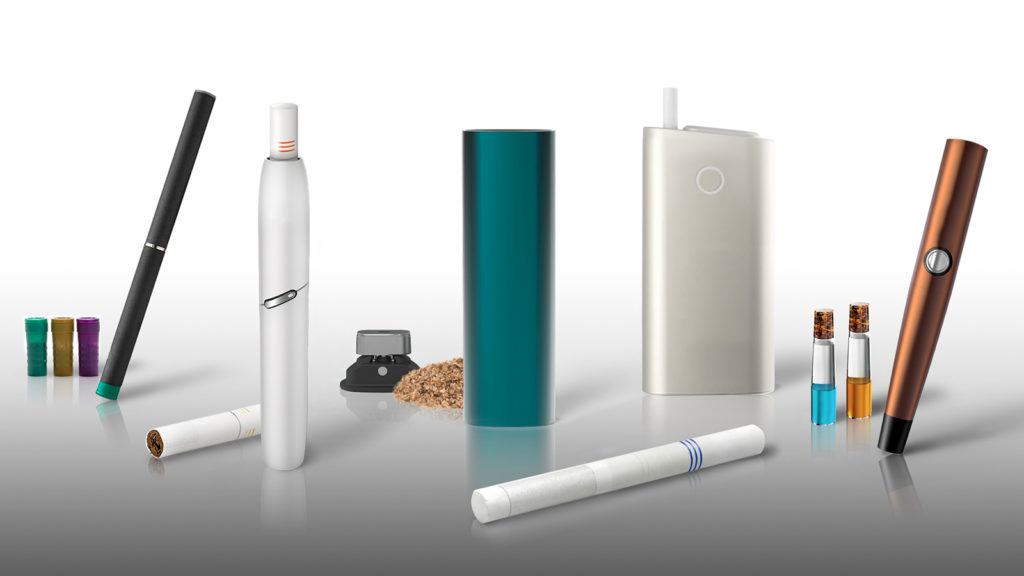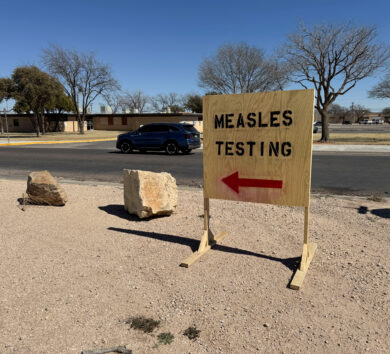

Parts of the scientific community are questioning the World Health Organization (WHO) for its negative and opposed stance towards NCAs (Non-Combusted Tobacco Products), a proven alternative that reduces the use of traditional cigarettes and motivates people to quit smoking.
Earlier in May, the WHO published a statement on its tobacco policy, which starts from the proposal: “To really help tobacco users to quit, it is necessary to support them with policies and proven interventions to reduce the demand for tobacco”.
Specialists such as David B Abrams and Raymond S Niaura, from the New York University School of Global Public Health and Clive D Bates, director of Counterfactual, a consultancy firm in sustainability and public health, from London, among others, showed their position in a letter sent to the WHO.
According to them, the approach of the international health authority does not consider a fundamental aspect: almost the entire global burden of tobacco-related deaths and diseases is caused by inhalation or exposure to smoke.
Specialists explain that it has been scientifically proven that cigarette smoke is where the most toxic substances are found, and effectively the alternative devices, the electronic cigarette, and the vapers, are an option developed by science to have the experience of smoking, but without suffering the harmful effects of smoke.
The WHO also stated that “e-cigarettes generate toxic chemicals, which have been linked to harmful health effects,” to which Abrams, Niaura, Bates and others replied that the presence of a chemical does not necessarily make it dangerous.
As part of the WHO statement, shared on the international day of the fight against smoking addiction, it rejects new devices as an alternative to smoking and as an effective method to stop smoking. Furthermore, it denies its value, stating that the scientific evidence in this regard is inconclusive.
The scientists who signed the letter respond that there is abundant evidence that the use of these NCAs is an effective alternative to smoking cessation, providing the sources of the studies. It means that smokers change their behavior and opt for new NCAs alternatives to avoid greater health risk.
For this scientific community, the WHO has failed to understand what has been a significant technological transition, developed by the industry, and is instead trying to block it. Since 2014, WHO’s input has been totally negative, supporting, and applauding bans on lower-risk alternatives.

The communication ends by saying that “if the WHO wants to make a difference, it must focus on the prevention of ‘smoking’. NCAsand nicotine products displace cigarettes, and they are part of the solution, not part of the problem.
The full letter reads:
“Dear Dr Adhanom Ghebreyesus
World Health Organisation must stop its baseless and irresponsible attack on tobacco harm reduction
We write as long-standing advocates for measures to reduce the burden of death and disease caused by tobacco use. We stress that we have no conflicts of interest with respect to the tobacco, nicotine, or pharmaceutical industries.
The World Health Organisation puts the death toll from tobacco use at over eight million people annually and suggests an economic cost of US$1.4 trillion in health care burdens and lost productivity. The burning question is what WHO and governments are doing about this? Our concern is that the response of the World Health Organisation is inadequate, based on flawed science and poor analysis, and compromised by special interests.
We were particularly concerned by aspects of WHO’s press release of 19 May for World No-Tobacco Day (31 May), which quotes you personally. We have provided the attached briefing on the problems raised in this press release and why it leads us to express concern about WHO’s approach to tobacco and nicotine policy.
The briefing is organised in nine sections:
- WHO has the wrong analysis of the problem – the focus must be on smoking
- WHO misrepresents risks and denies the value of switching from smoking to vaping
- WHO ignores compelling evidence that vaping is displacing smoking
- WHO fails to grasp the importance of flavours and how vaping works for smokers
- WHO backs untested and inadequate smoking cessation measures
- WHO has based its campaign on arcane special interests
- WHO must disclose and be accountable for interim results
- WHO has failed to understand a significant technology transition but is trying to block it
- WHO should apply the first-do-no-harm principle – and stop what it is doing
If the approach outlined in the press release reflects WHO policy and that policy is implemented by WHO’s members, then there will be more disease, more premature death, and an easy ride for the cigarette trade. Further, there will also be a vanishingly small chance of meeting the Sustainable Development Goal 3.4 to reduce non-communicable disease mortality by one-third by 2030.

We urge WHO to drop its opposition to tobacco harm reduction and rethink strategically.
WHO should now pause and reflect on the role it is playing and the damage it is causing through its dogmatic opposition to technologies that could greatly reduce the risks facing the world’s one billion smokers.
We hope that by World No Tobacco Day 2022, WHO will have re-evaluated its strategy and switched to actively promoting tobacco harm reduction as a part of an aggressive strategy to address the intolerable health, welfare and economic burdens of smoking.
We would, of course, be glad to assist in a strategic rethink. We can provide detailed recommendations or more evidence to support our perspective as necessary.
Yours sincerely,
Professor David B. Abrams PhD
Department of Social and Behavioral Science NYU School of Global Public Health
New York University
United States
Clive D. Bates MSc
Director, Counterfactual London,
United Kingdom
Professor Raymond S. Niaura PhD
Department of Social and Behavioral Science NYU School of Global Public Health
New York University.
United States
David T. Sweanor JD
Adjunct Professor of Law
Chair of the Advisory Board of the Centre for Health Law, Policy and Ethics
University of Ottawa, Canada“







Comments